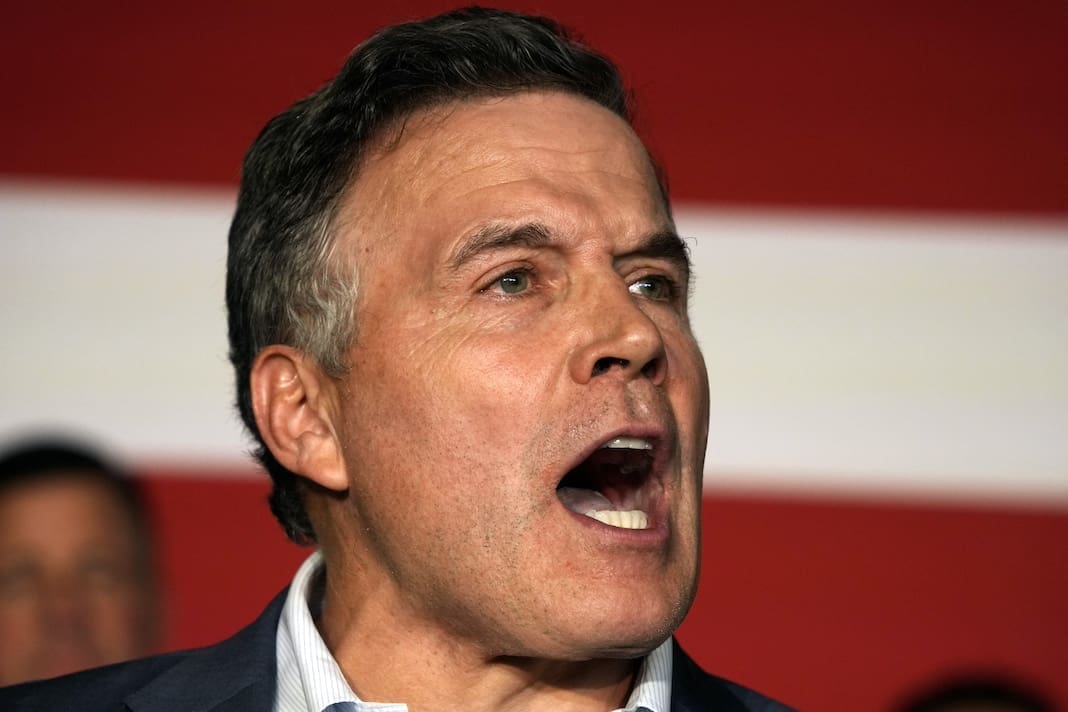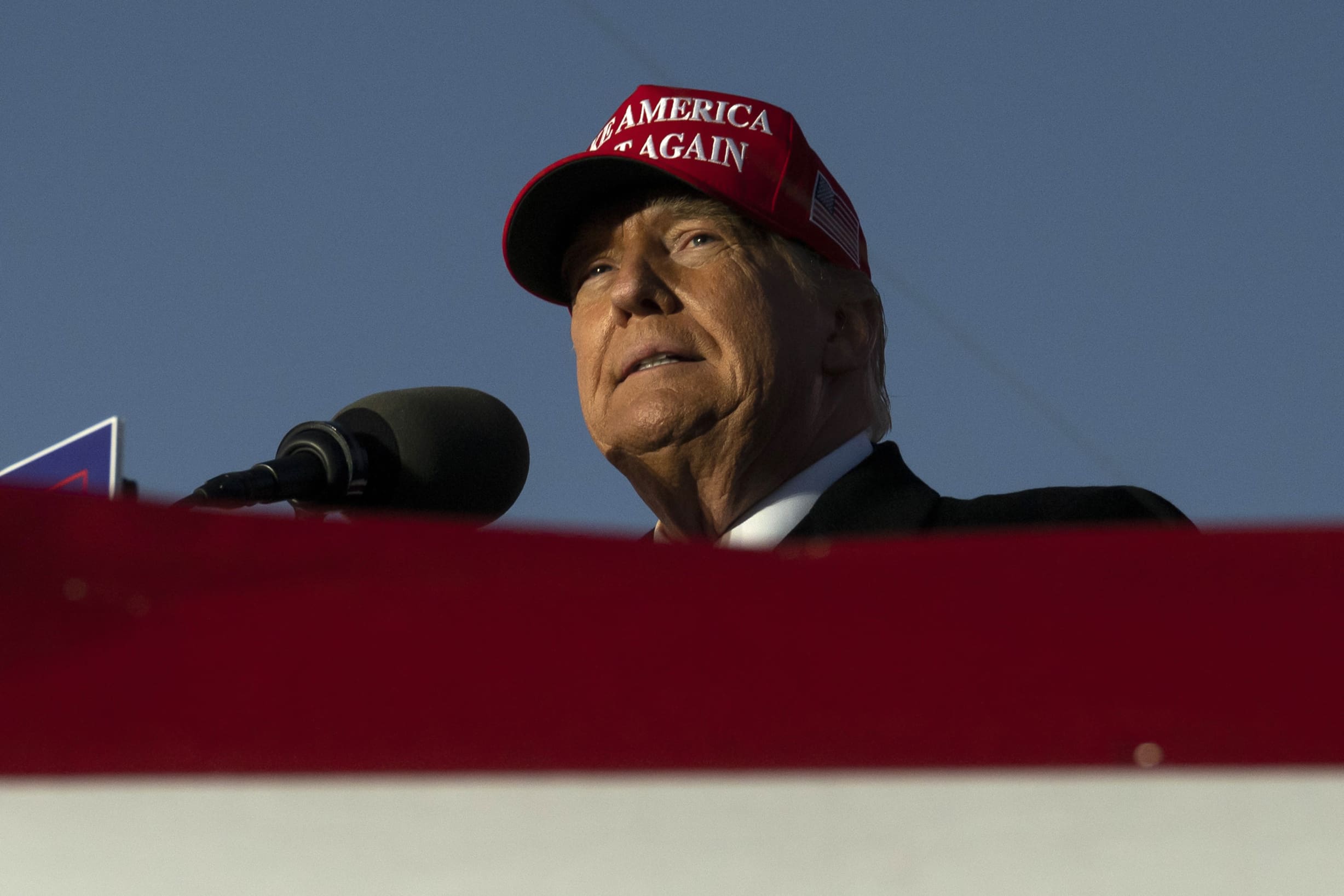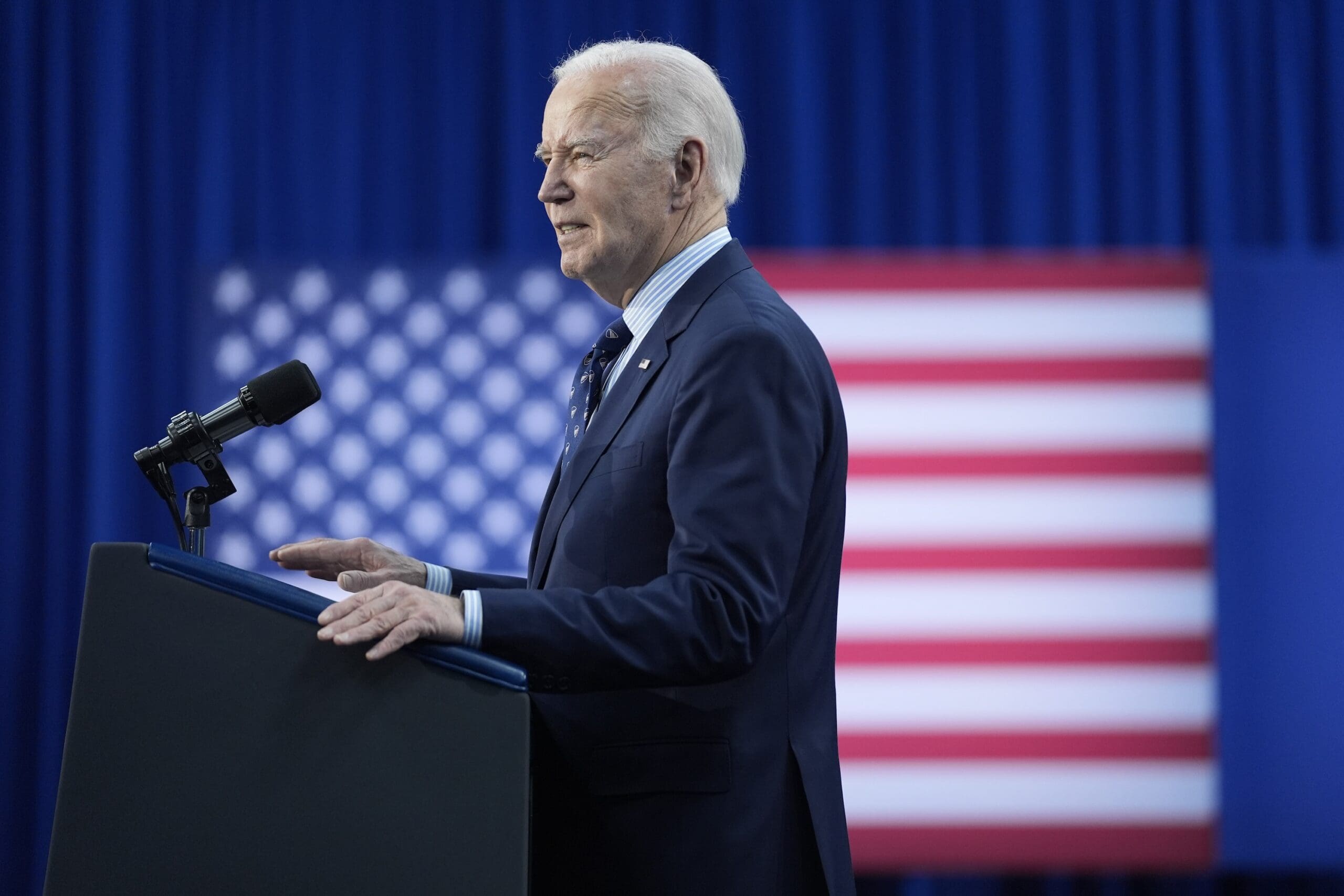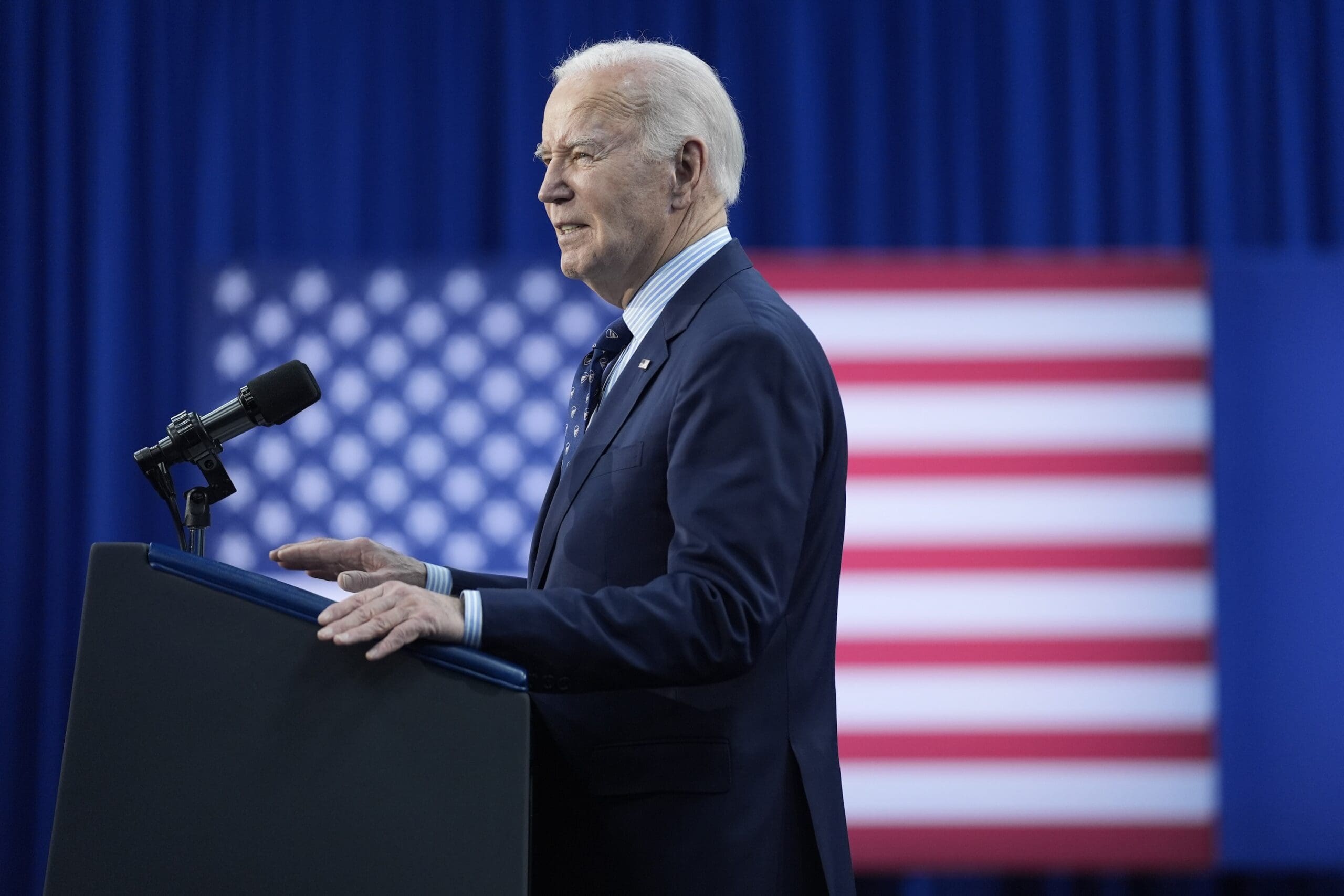Mandy Steele, Ted Tomson vie for Pennsylvania state assembly seat outside of Pittsburgh
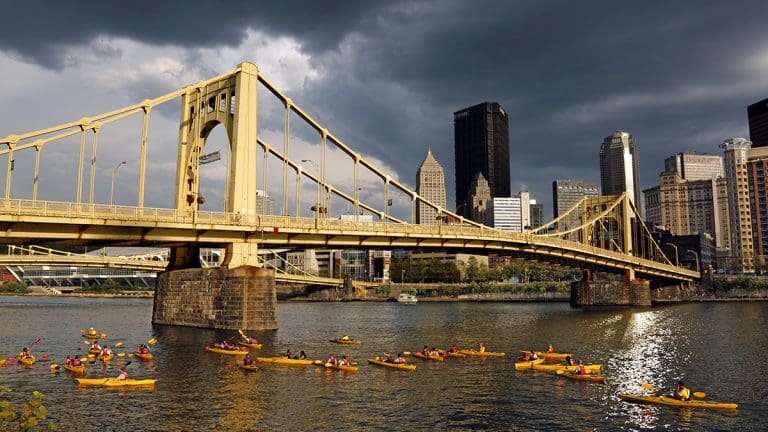
Nick Vachon
First-time candidate Mandy Steele, a Democrat, and Ted Tomson, a Republican, are facing off in the general election to replace incumbent Pennsylvania state Rep. Carrie DelRosso, who is now the Republican nominee for lieutenant governor.
They are running for the Pennsylvania General Assembly’s 33rd District, representing Pittsburgh’s northeast suburbs and outlying areas.
Steele, who was born and raised in O’Hara Township, says tackling climate change is one of her top priorities. She led an effort across to ban toxic coal, a byproduct of the coal production process, across Allegheny County while serving as a Fox Chapel Borough Council member.
“The towns that I am running in, many of them have seen Main Street collapse, their public schools are failing, jobs have gone away,” Steele told the American Independent Foundation. “[People] are opening their eyes to the false narrative that has been created for so long that oil and gas kept really those towns going. In fact, oil and gas in a big way have abandoned those towns and left them crumbling.”
Steele added that she wants to revitalize the district with good-paying green jobs.
“When you knock on a door and tell them this story, that there is tremendous job creation potential here,” she added. “People on all sides are excited about that message.”
Tomson’s campaign did not return a request for comment.
Steele also successfully fought to remove the word “squaw” — a slur historically used against Native American women — from the names of two roads and a hiking trail. Michele Leonard, a member of the Shinnecock Indian Nation, worked with Steele to bring the issue to a vote.
Tomson, the Republican candidate in the race, co-owns his family’s scrap metal company and a local racetrack. On his campaign website, Tomson highlights his support for “the production of coal, oil, and natural gas,” as well as “training and resources” for “police, fire rescue, and [emergency medical services],” as well as “reasonable policies” that “uphold a standard” of “integrity of the election process.”
This is Tomson’s second campaign for elected office. He ran unsuccessfully for the state Senate 20 years ago.
Steele, who has been endorsed by Planned Parenthood Pennsylvania Advocates and EMILY’s List, says on her website that she “will be a strong advocate for all women’s rights” and that women have the right to “make decisions about our bodies.” Tomson, by contrast, has been endorsed by LifePAC, an anti-abortion group.
Abortion is currently legal in Pennsylvania up to 24 weeks, though that could change depending on the results of this November’s midterm elections.
Democratic Gov. Tom Wolf, who is term-limited and cannot run for reelection, has already vetoed several bills that would ban abortion at various points in pregnancy. State Sen. Doug Mastriano, the Republican nominee for governor, has said that if he is elected, he would work to end abortion in Pennsylvania, and has compared the procedure to the Holocaust.
The Democratic nominee for governor, Pennsylvania Democratic Attorney General Josh Shapiro, says clearly on his campaign website, “Abortion is health care. As Governor, Josh will defend access to reproductive health care — and continue to defend a woman’s right to choose in Pennsylvania.”
Mastriano’s views are out of step with most Pennsylvanians, who broadly support abortion rights. According to a recent poll conducted by Franklin & Marshall College, 89% of Pennsylvania voters believe abortion should be legal under any or some circumstances, while just 11% say the procedure should be illegal in all circumstances.
“If we limit women’s access to abortion, then we are preventing them from being full participants in society, and that would be disastrous,” Steele said. “I’m also the mother of two daughters, and the prospect of losing abortion care is really very scary to me. This is not something that Pennsylvanians want to happen — it is small minority of extremists who are pushing for this.”
Republicans currently have a 23-seat majority in the General Assembly. Earlier this year, new district maps were approved that transformed some districts dramatically. According to the Philadelphia Inquirer, the new maps give Democrats a better chance to take control of the state House, but likely put the state Senate out of reach.
While no polling has been done in the race, the new 33rd District is expected to lean Democratic. Democrats make up 50.8% of registered voters in the district, while only 35.73% are Republicans.

